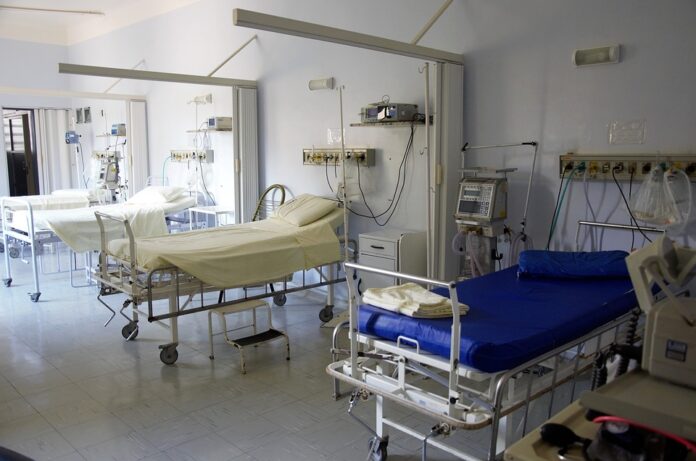
The one thing that unites us all is that eventually our bodies are going to stop working the way they should. For some, it’s quick, like my friend who died in her sleep last week at 44 of unknown causes (as of this writing). For some lucky enough to make it to old age, you’re going to get sick at some point.
I have a friend who is in an extended care situation for a psychological issue. I have two acquaintances who went legally blind before they turned 40. I’m hearing more and more about people with long COVID. People are getting disabled by all these things.
My father, who just turned 80, has managed through some medical things – some big, some small. He’s the only person I know who has had three hip replacements. My mother, who is 77, hasn’t slowed down.
They are lucky, and I’m lucky. But eventually, there’s going to be something.
Something always comes for us. Which is why I don’t understand America’s attitude about illness. If a child gets cancer, everyone says “that’s sad” and maybe donates a few bucks toward a charity for the family.
But we refuse to change our health care system to make it any better for families who are already going through hell.
A significant illness will deplete a family’s finances. They spend tens of thousands or even hundreds of thousands of dollars to try to get by. Children in the family have no money waiting for them when they become adults. This means that the impact of a single disease is generational. It might be decades before a family is able to come back from the poverty that a single disease causes.

Some are born with special needs. They will always rely on someone to take care of them. They will always need more doctors, medicine, therapy, etc.
So if the one thing we have in common is eventual illness, how come we created a society that penalizes you for being sick?
People are looked down on for being poor. All it takes is one twist of fate, one chromosome out of alignment, or one cell to mutate wrong and your entire savings is gone.
We are told to toughen up, don’t give in, don’t ask for help. Everyone is going to need help one day. Everyone.
My good friend who committed suicide 15 years ago certainly suffered from depression. If he had gotten help for it, maybe he’d be here today. It’s more common than anyone thinks. I have it, too, but I’m treating it. Psychological illnesses are so easy to hide. It’s because we blame people for being “crazy.”
There are people who don’t call for ambulances because they are afraid of the cost. Some towns have free first aid and they try to make it known to the public, but all it takes is one horror story about a thousand-dollar ride to a hospital and it makes someone think twice about calling 911. In the meantime, their delay might have cost them their life.
A few years back, I had a medical issue. I had to pay for the tests out of pocket, minus 20% copay. I think I wound up paying about $1,600 for results that didn’t find anything. It made me stop getting tests. I can’t afford to find out what’s wrong with me. To this day, when the issue comes back, I have to just shrug and get through my day because I never learned what was malfunctioning and I’m sure I’m not the only one.
Trying to get better and keeping up with bills and paperwork is sometimes its own full-time job. They don’t make it easy for us.
Health insurance companies take care of themselves first, and do the bare minimum to help. They pay their employees to tell us “no” when we ask for help. Think about it: A health care employee is paid (throwing numbers around) $50,000 a year in order to tell us we have to pay more because we didn’t reach our $15,000 deductible. It costs the insurance company less to hire a gatekeeper than to actually do its job and pay for our health care.
I know universal health care is a tough sell, and I’m not sold on it either, but I think we can all agree that something needs to be done in order to protect us when the inevitable happens.
That’s why I urge compassion for those who have health problems. They are just going through things that you haven’t hit you yet.
Before you think someone is weak for needing help, just realize that in less time than you think, you might require help from a nurse to use the bathroom.
Unless your death is sudden, you are going to get sick. You are going to be disabled. You are not going to be able to do what you used to do.
There should be plans in place for when the inevitable happens. This shouldn’t be a surprise. This is going to happen to each and every one of us.
If you got into a car crash tomorrow, and you became disabled, what would happen to your family? Would you still be able to do your job? Would you even be able to enter your home or your business if you were in a wheelchair?
What’s going to happen when you get sick?
Chris Lundy
News Editor






